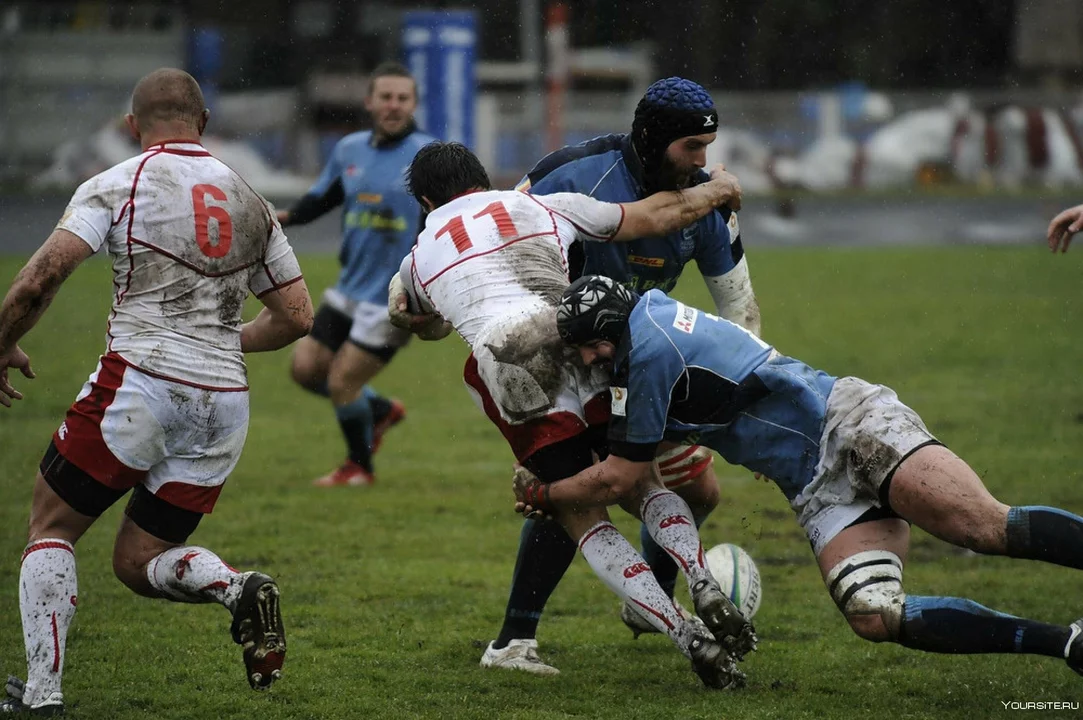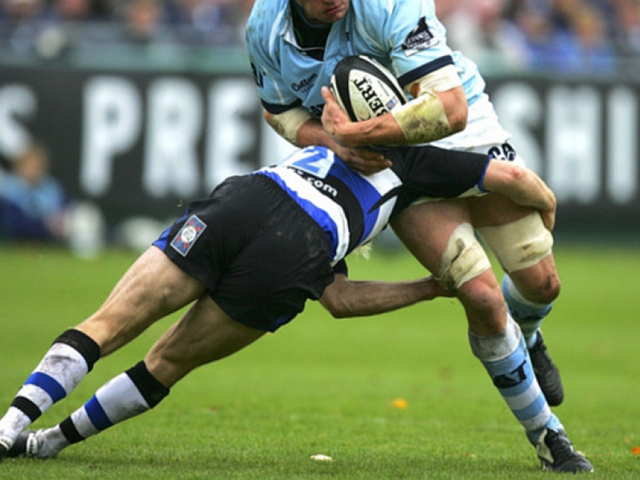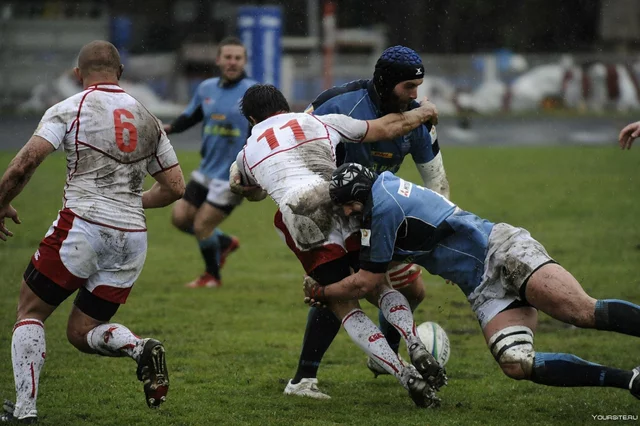Why do people hate on Rugby League so much?

Understanding the Origins of Rugby League Criticism
In order to tackle the question of why people hate on Rugby League so much, it's important to understand the historical origins of this criticism. Rugby League emerged in the early 20th century as a breakaway from Rugby Union, primarily due to disagreements about player compensation. This split resulted in two distinct forms of rugby, with the two codes often being pitted against each other. Rugby Union was seen as the more "traditional" and "prestigious" form of the sport, while Rugby League was viewed as a less sophisticated working-class version. This class divide has persisted to some extent and has contributed to the animosity between the two codes, and towards Rugby League in particular.
Perceptions of Violence and Aggression
Another reason why people may hate on Rugby League is due to the perception that it is a more violent and aggressive sport than Rugby Union. While both forms of rugby involve physical contact, Rugby League has a reputation for being more brutal in its play, with a greater emphasis on big hits and collisions. This perception may be fueled by the media, which often highlights the most violent and controversial aspects of the sport in order to generate interest and discussion. However, it's important to remember that Rugby League, like any contact sport, has strict rules and regulations in place to protect the well-being and safety of its players. Additionally, many fans argue that the physicality of Rugby League is one of the aspects that makes it an exciting and engaging sport to watch.
Regional Rivalries and Tribalism
Rugby League is often associated with specific regions, particularly in the United Kingdom and Australia. In the UK, the sport has strong roots in the North of England, while in Australia, it is most popular in the states of New South Wales and Queensland. These regional affiliations can breed intense rivalries and tribalism, both within the sport itself and between its fans. This can contribute to the negativity directed at Rugby League, as rival fans may belittle or criticize the sport in order to boost their own preferred code or team. This kind of tribalism is not unique to Rugby League, of course, and can be found in many different sports around the world.
Comparisons with Other Sports
Another factor that may contribute to the hate directed at Rugby League is the constant comparisons with other sports, particularly Rugby Union and Australian Rules Football (AFL). These comparisons often focus on perceived differences in skill levels, athleticism, and entertainment value, with critics arguing that Rugby League is inferior in these areas. However, it's important to remember that each sport has its own unique appeal and strengths, and what may be enjoyable for one person may not be for another. Instead of trying to determine which sport is "better," it's more productive to appreciate and celebrate the diversity and variety that each code brings to the world of sport.
Overcoming Negativity and Embracing the Positives
Despite the negativity and hate that Rugby League may receive, it's important to remember that the sport has a passionate and dedicated fan base, and has produced countless memorable moments and inspiring stories throughout its history. Rugby League has a strong community focus, with many clubs and players involved in charitable work and grassroots development. The sport also prides itself on its inclusivity and accessibility, with opportunities for people of all ages, genders, and backgrounds to participate and enjoy the game.
Ultimately, the reasons why some people hate on Rugby League so much are varied and complex, and may be influenced by factors such as historical rivalries, regional affiliations, and personal biases. However, by focusing on the positive aspects of the sport and fostering a spirit of mutual respect and understanding between fans of different codes, we can help to challenge and overcome these negative perceptions.


